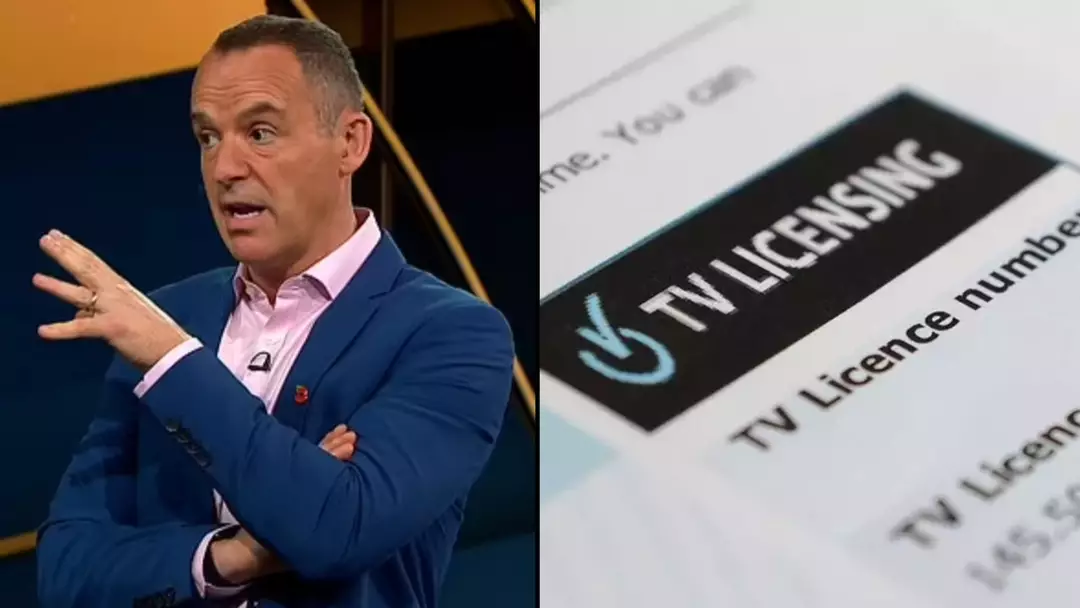
Martin Lewis’ MSE has issued a warning to anyone who pays for their TV Licence.
You usually need a TV Licence to watch or record programmes on a TV, a computer or another device as they’re broadcast (in other words, if they are live) as well as on-demand shows on BBC iPlayer.
However, there are some instances where you shouldn’t be paying for one at all.
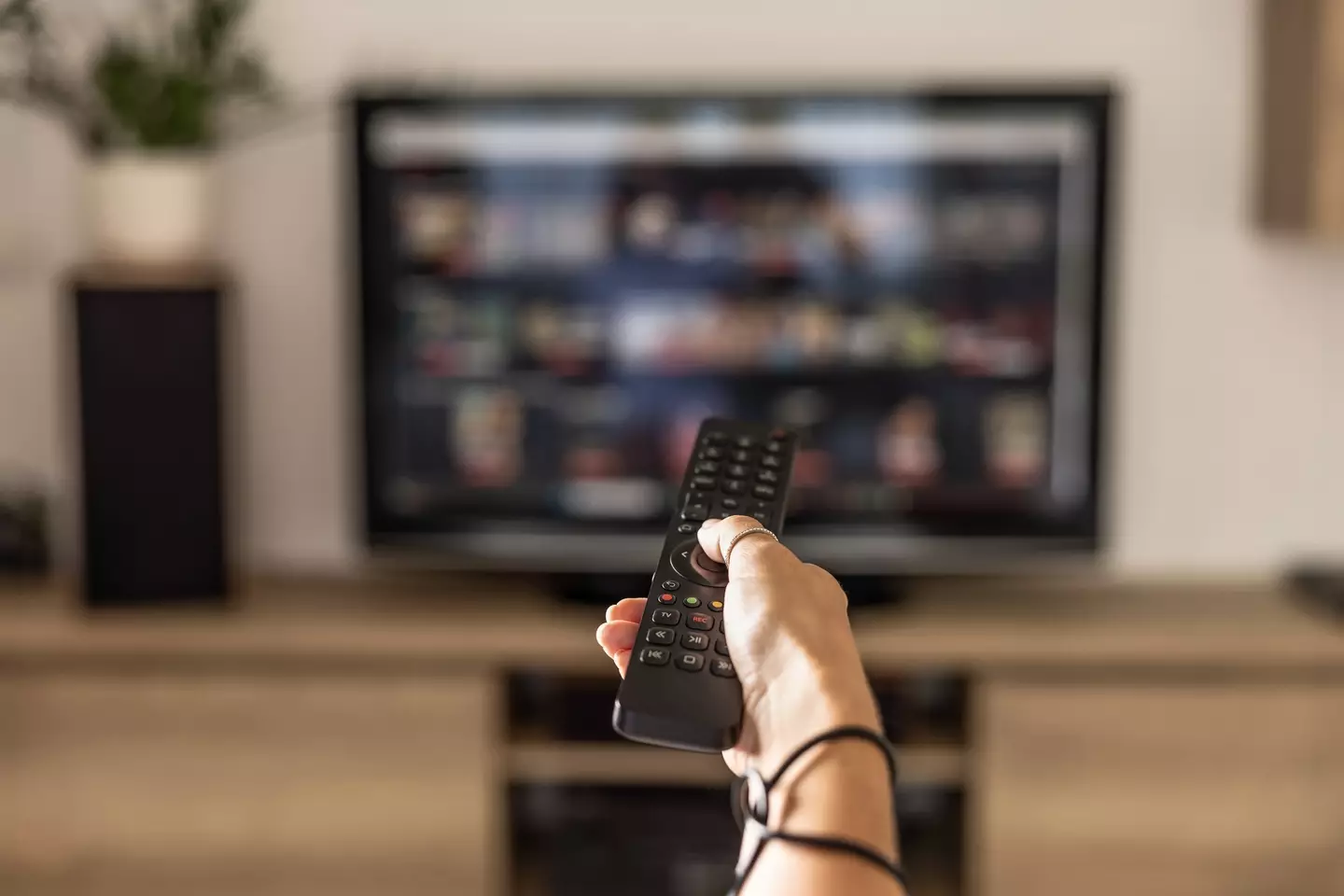
You need a TV Licence to watch live TV (Getty Stock Image)
Currently, an annual TV Licence costs £169.50, however this is set to increase by £5 on 1 April. It increased last year, too, from £159 the previous year.
When do you need a TV Licence?
With the increase of streaming platforms being used over standard telly, many people have wondered whether they actually need a TV Licence.
For example, you don’t need one for the likes of Netflix, Disney+ or Amazon Prime Video, or the likes of All4 or ITVX.
You also don’t need one for YouTube or to watch DVDs.
Your TV Licence covers your household, no matter how many devices you have and if you pay for a licence at home, in most cases it covers you on your mobile device outside of the home, too.
The cost of the licence funds broadcasting by the BBC and makes up around 71 percent of its income.
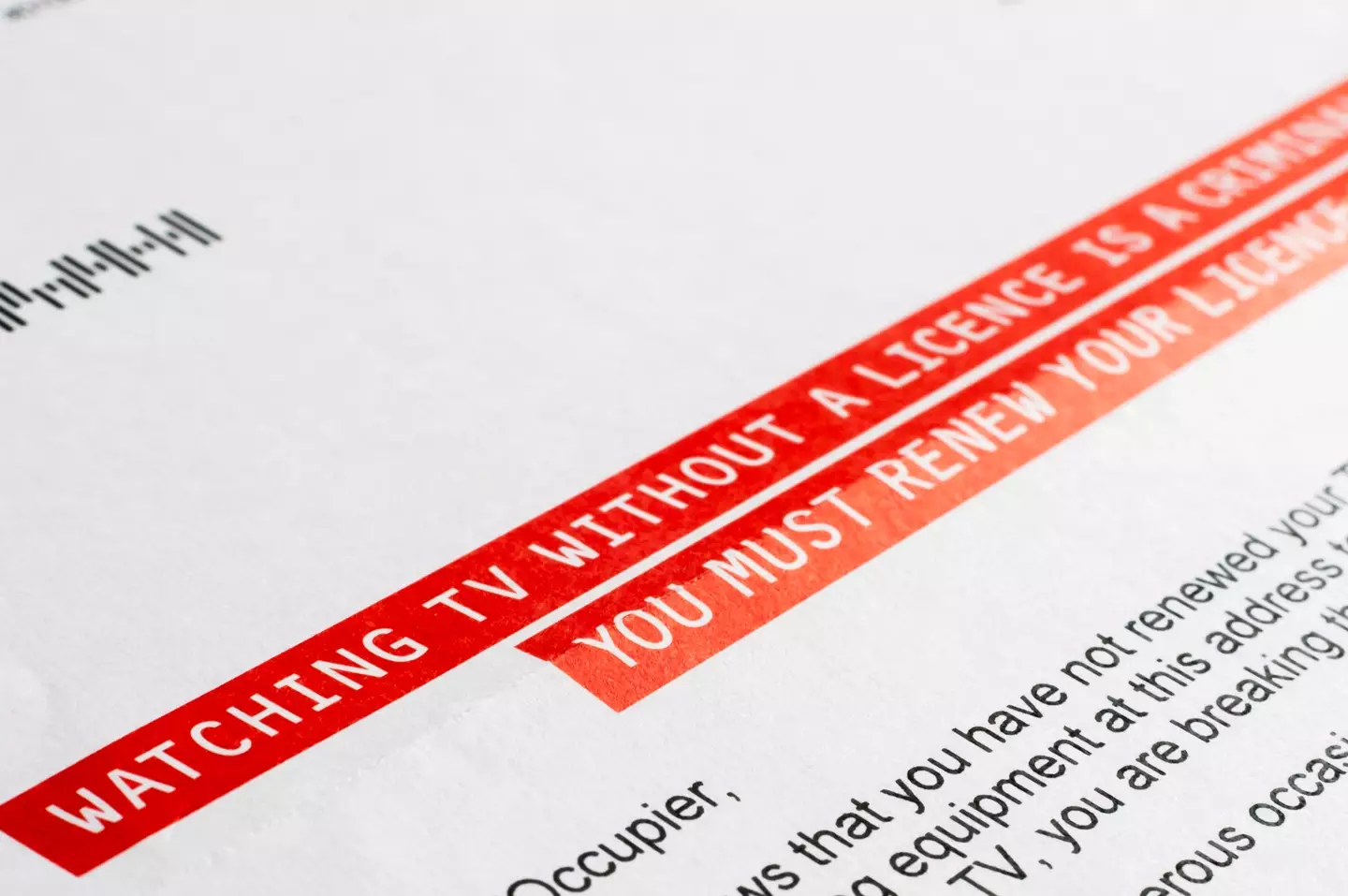
You can be fined up to £1,000 without a licence (Getty Stock Image)
When don’t you need a TV Licence?
There are a few circumstances in which you don’t need to pay the fee and these might have changed for you since you last forked out.
In a post over on the Money Saving Expert website, it’s explained that you might actually be due a refund if any of the following apply:
- If you’re moving in with someone who already has a TV Licence or moving somewhere where you won’t watch ‘live TV’ or use BBC iPlayer
- If you’re moving abroad
- If you’re 75 or over and receiving Pension Credit (or living with someone who is)
- If you’re moving into a care home
- If the TV Licence holder has died, a refund may be due to the estate
- If you have two licences for the same address
- If you have a licence, but will not watch or record programmes as they’re being shown on TV or use BBC iPlayer before your licence expires
- If you’ve changed the type of licence to a cheaper one, such as a black-and-white licence, you may be due a partial refund
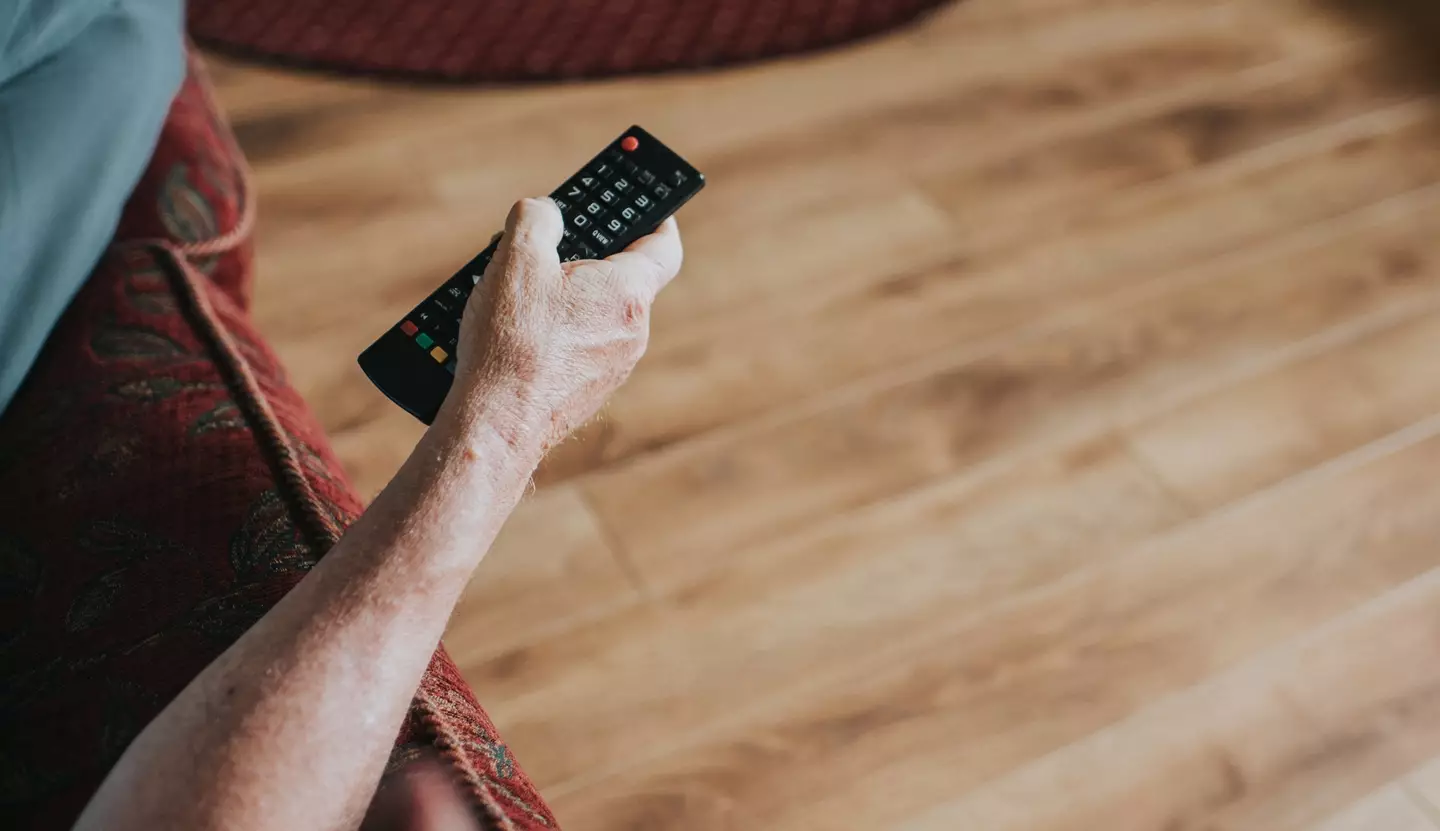
You don’t need a TV Licence for Netflix or Disney+ (Getty Stock Image)
You can apply online for a refund up to two years after the expiry date of your licence.
It’s important to remember that if you are eligible to pay for a TV Licence, you can be fined up to £1,000 (or, £2,000 if you live in Guernsey) if you don’t have one.
Featured Image Credit: ITV/PA
Topics: Martin Lewis, Money, TV and Film, UK New
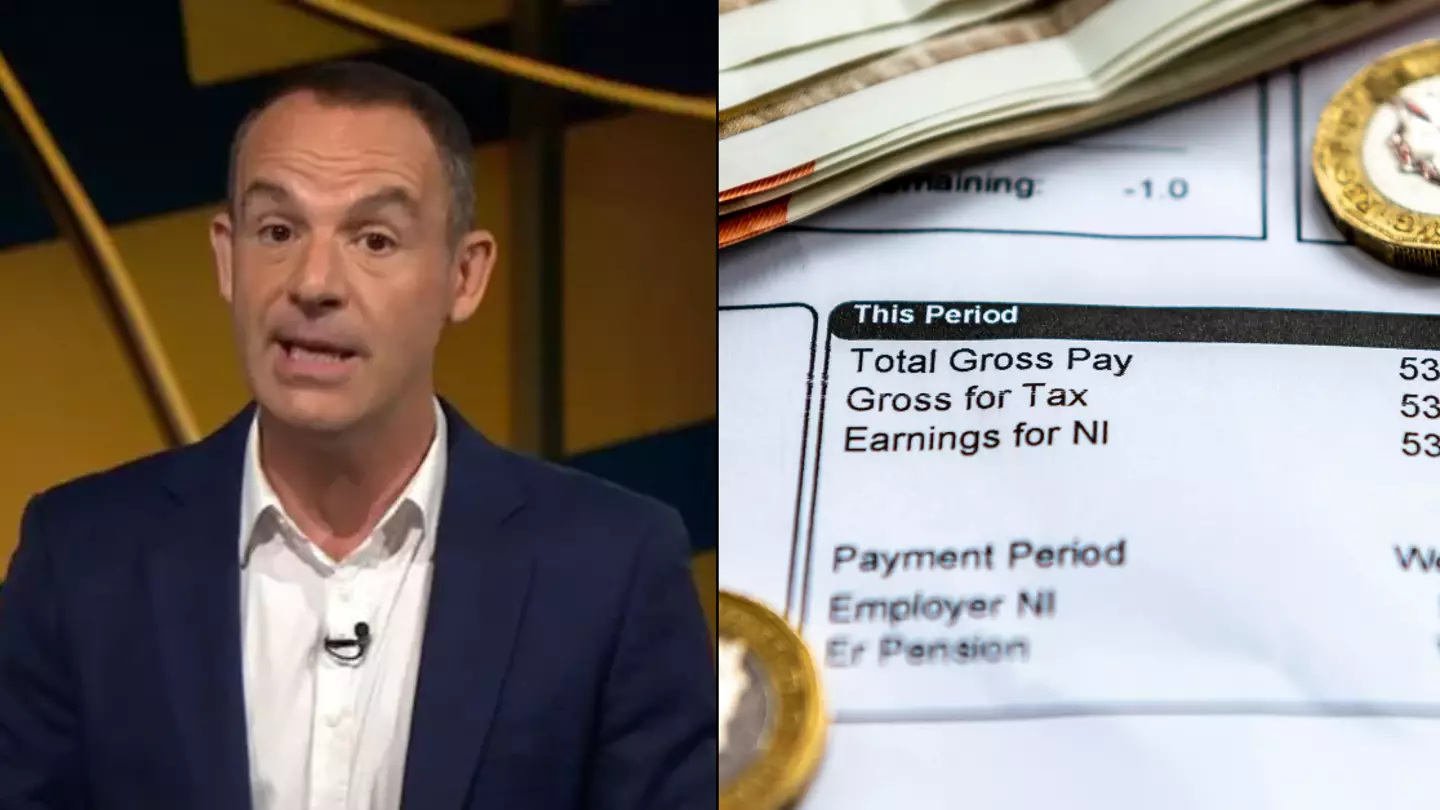
If you’re a fan of Martin Lewis (and you should be) then you might have heard that his latest Money Saving Expert newsletter has been advising Brits to check their payslips.
While much of his advice centres on how to save money and find better deals on various bits of finance you need to deal with, he’s also recommending ways for you to get more money in the first place.
It’s just money you ought to have been getting anyway, as those who are paid at or near the national living wage are in danger of not being given what they should be earning.
The Money Saving Expert team noted that ‘even the big names get it wrong’ as according to a report from the government last year 524 businesses were named for not paying enough in wages, with thousands of workers affected and about £16 million ordered to be paid out.
Workers who are aged 21 and over currently must be paid £11.44 an hour, but that will rise in April this year.
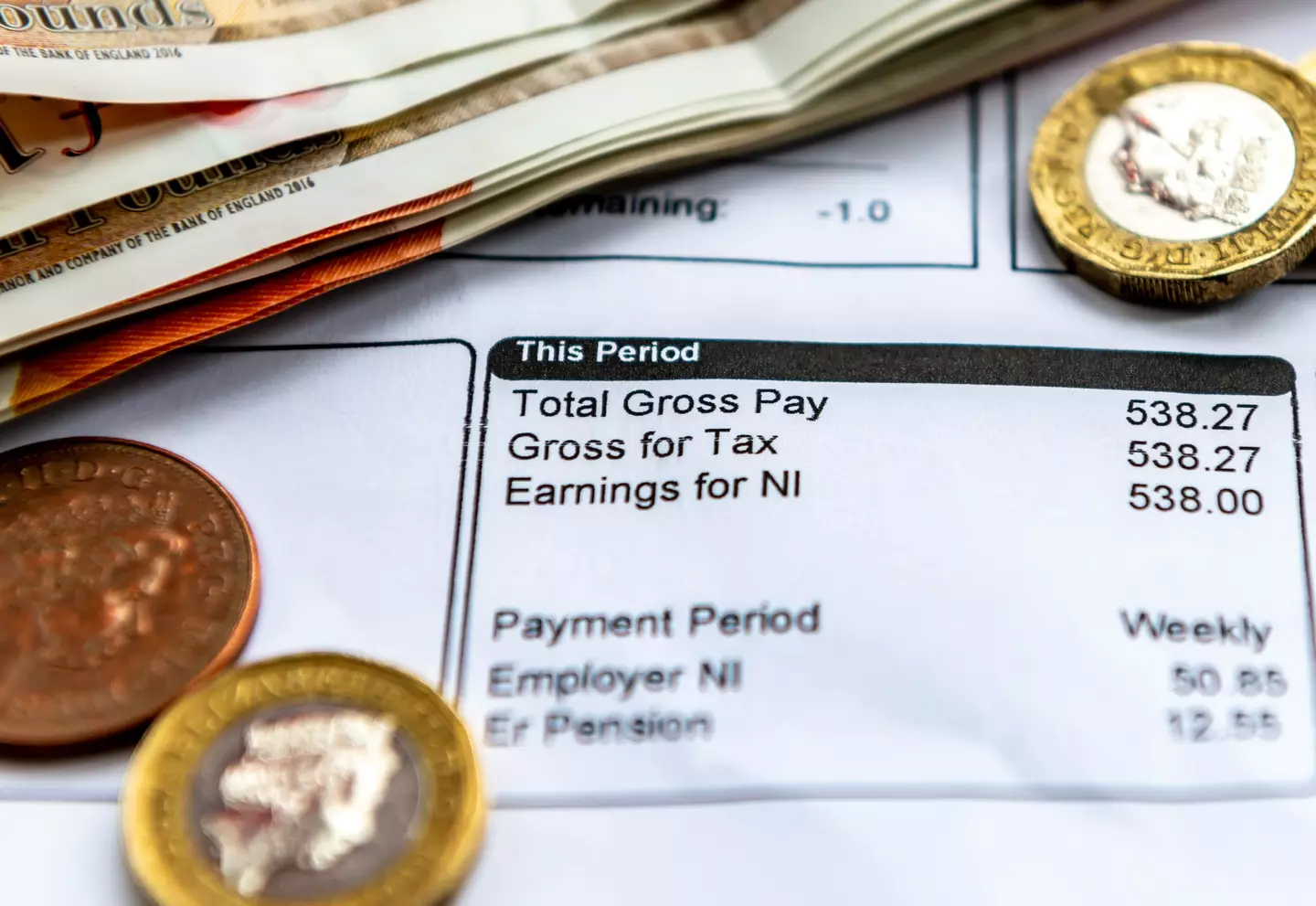
Last year over 500 businesses were found to have failed to pay the national living wage, and it’s increasing again in April (Getty Stock Photo)
The minimum wage you can pay under 18s and apprentices in the UK is £6.40, while those aged 18 to 20 have a minimum wage of £8.60.
In the latest Money Saving Expert newsletter, they noted the coming rise in the national living wage as a reason for it to be ‘even more important all those on lower incomes don’t just assume their employers are following the rules’.
From April 2025, the national living wage for people aged 21 and over is going to be £12.21 an hour, but if you’re on that and your pay doesn’t increase appropriately then you’ll end up being underpaid, so it’s worth calculating how much you should be getting and seeing if your revised payslip matches up.
Meanwhile, the national minimum wage for under 18s is increasing to £7.55 and 18 to 20-year-olds will be getting a crisp £10 an hour.
Martin Lewis’ team has explained that if the cost of certain materials or your uniform comes out of your wages then that shouldn’t pull your earnings below the legal limit, while in jobs where you might receive tips they can’t be used to ‘top up’ a base rate of pay that sits below the national living wage.
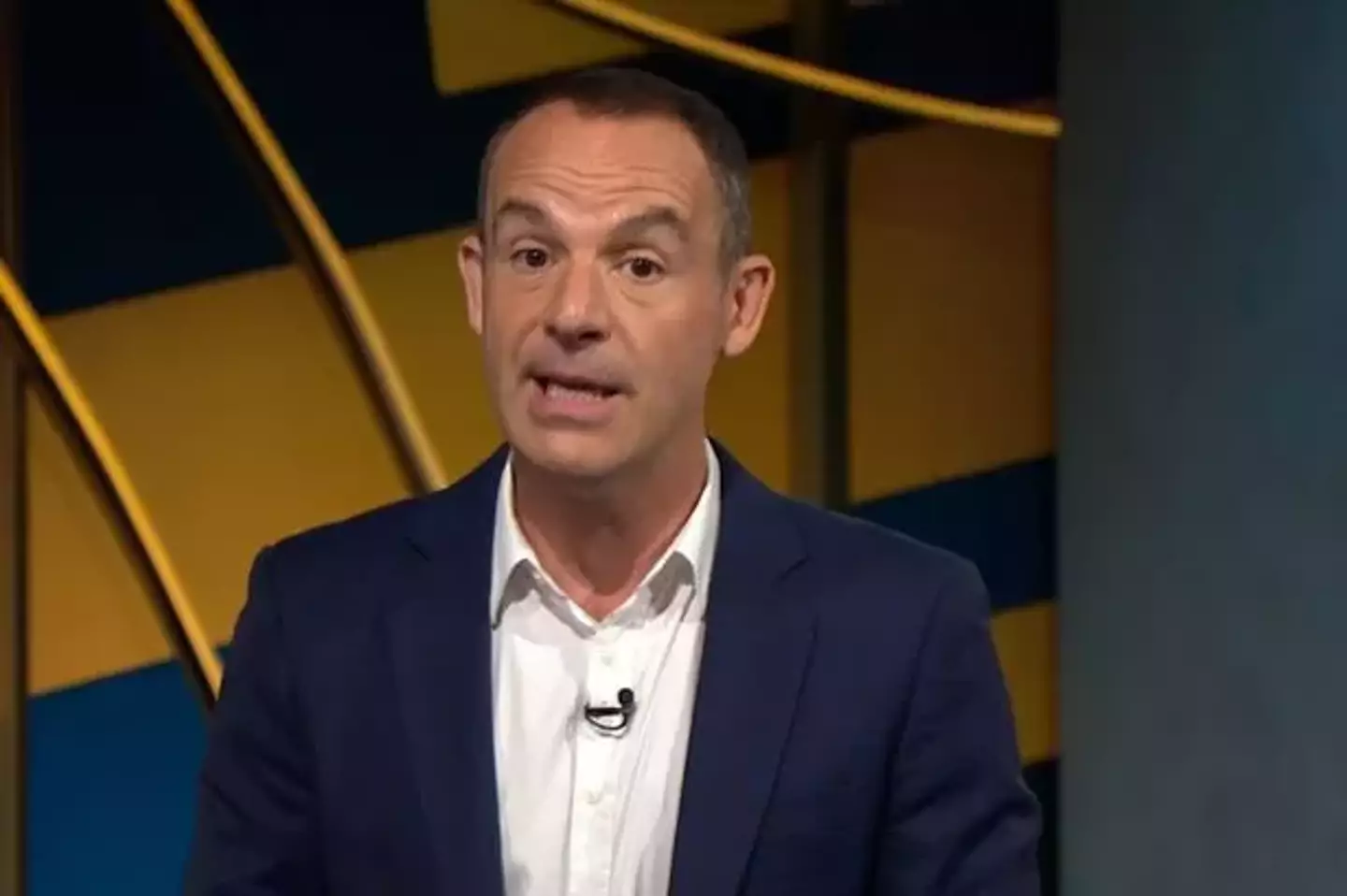
The latest Money Saving Expert newsletter from Martin Lewis and his team recommended you be vigilant about how much you’re being paid (ITV)
If your employer is providing you with accommodation, then the most your weekly earnings can drop below the threshold is £69.93.
He explained that if you’ve been underpaid, then you’re entitled to up to six years of back pay.
Last month, the Low Pay Commission released a report saying that in April 2024 there were over 370,000 Brits who may have been underpaid, with around 140,000 being underpaid by more than 50p
per hour.
Some of the main causes of underpayment include deductions from the payslip and people working unpaid hours which drags their actual pay rate down.
Also among the reasons were also employers failing to update their wages to keep up with minimum wage rises, so it’s certainly worthwhile to actually work out how much you should be paid and how much work you’re actually doing.
Those working in education, childcare or doing office work are among the most likely to be underpaid for the work they do.


